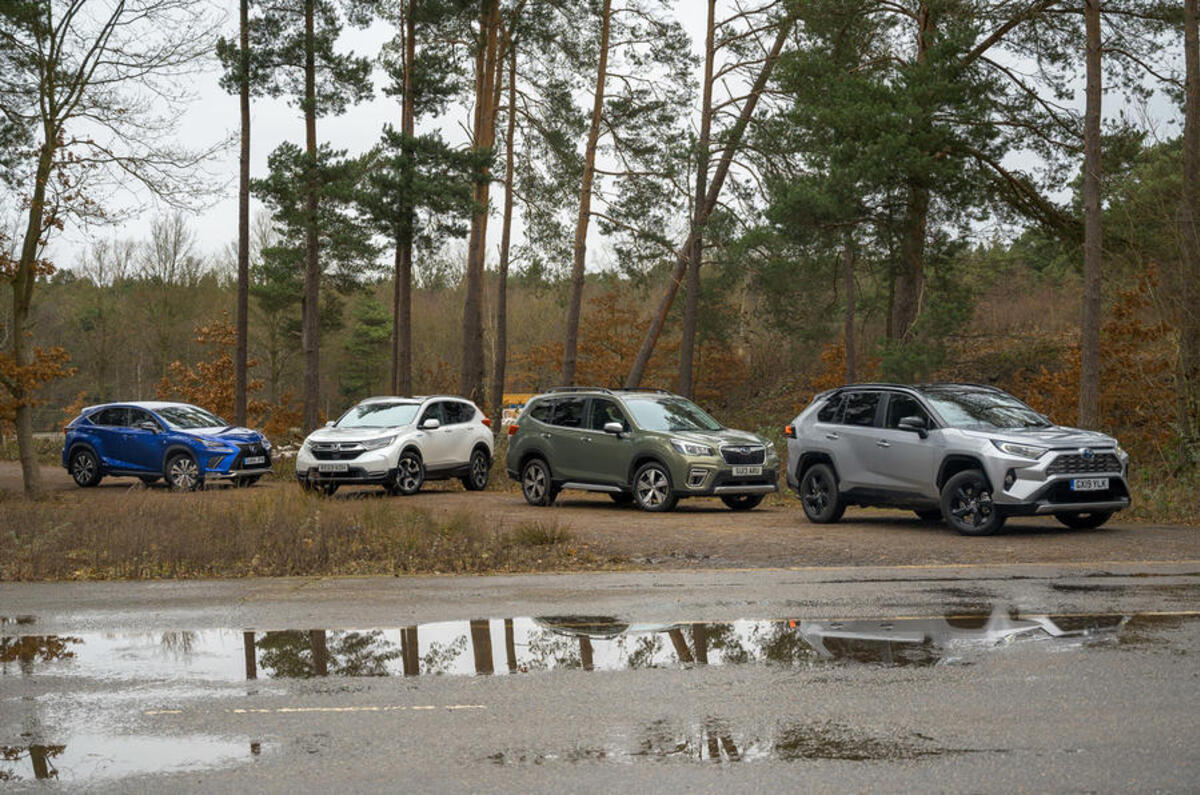Last year across Europe, 45% of all cars sold were SUVs. Also last year, average CO2 emissions from new cars fell to below 100g/km for the first time, according to a new report from market researcher Jato Dynamics.
The impressive fall from a 118g/km average to 99g/km, the latter as measured by the tougher WLTP test cycle, has been nudged by government policy both in the European Union and the UK, which copied over the EU 2019/631 regulation on capping emissions to reduce the amount of petrol and diesel burned.




Add your comment